Image
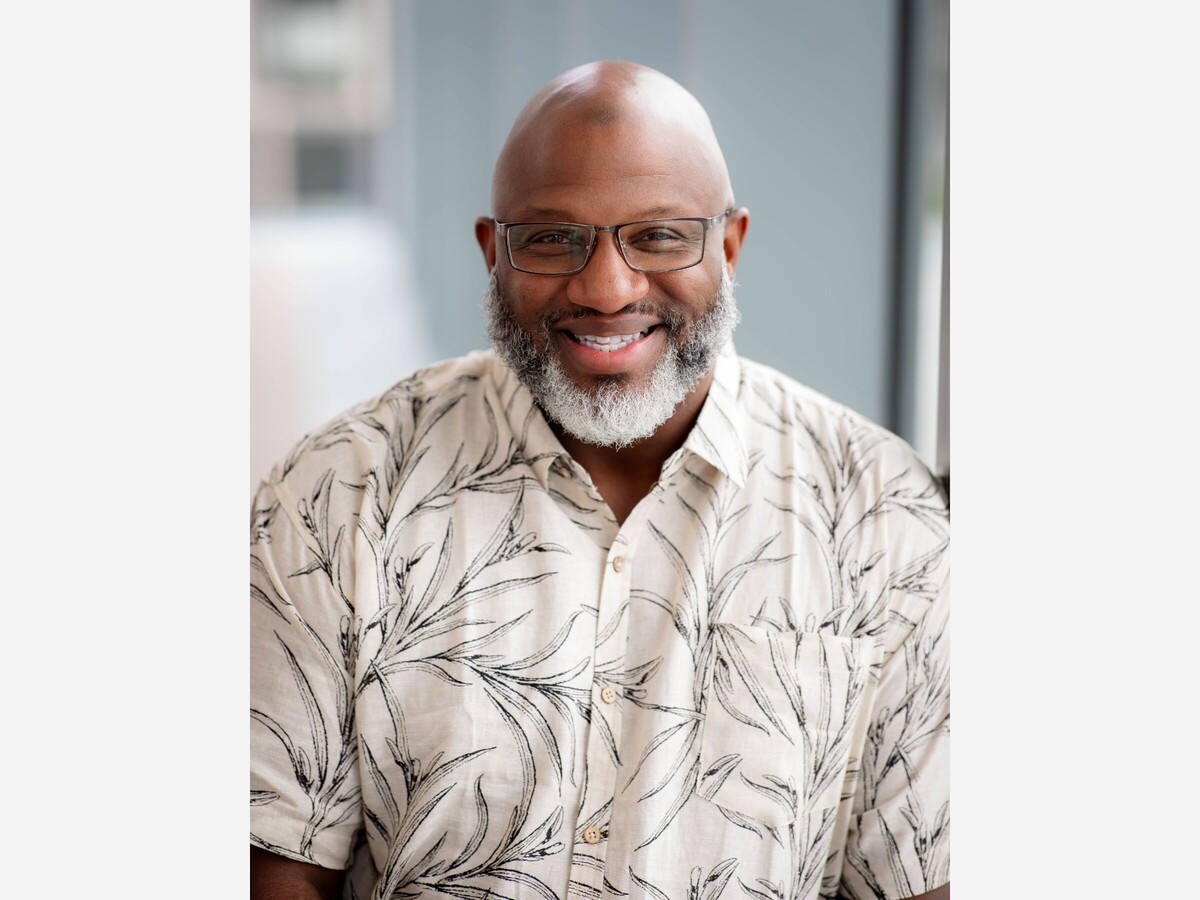

In honor of International Women's Month, MinneapoliMedia presents an exclusive interview with Imam Makram El-Amin, a respected community leader, to discuss the crucial role of Muslim women in contemporary society. From their significant contributions to the challenges they face, Imam Makram shares his personal philosophy on faith, empowerment, and how Islamic teachings elevate women in both religious and public spheres.
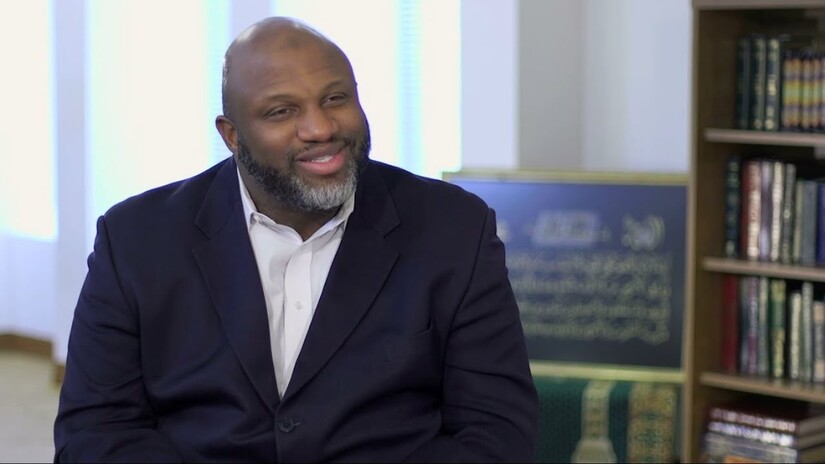
Tom Akaolisa: Imam Makram, it's a pleasure to have you with us. How are you today?
Imam Makram: Alhamdulillah, I’m doing well. Ramadan is always a blessing, though I have been feeling a bit under the weather. But Alhamdulillah, Allah is merciful.
Tom Akaolisa: We appreciate you taking the time to speak with us, especially with your many responsibilities.
Imam Makram: Thank you. It’s an honor to be here.
Tom Akaolisa: Muslim women are making incredible strides in various fields. How do you perceive their evolving role, and what recent changes have you observed in their leadership and community involvement?
Imam Makram: The role of women in society is continuously evolving, and their contributions—past, present, and future—are monumental. In religious education, for instance, we have scholars akin to Aisha (may Allah be pleased with her), whose wisdom and counsel were invaluable. Today, Muslim women are excelling in politics, education, civic engagement, and traditional roles. Their impact is profound, and we must continue to celebrate and elevate their rightful place in society.
Tom Akaolisa: Can you provide examples of how Muslim women are making significant contributions to education, activism, and community development?
Imam Makram: Absolutely. Take Congresswoman Ilhan Omar, a Somali refugee who broke barriers by becoming the first of her background elected to the U.S. Congress. In education, my wife, Sharon El-Amin, a Minneapolis Public School Board member, is a champion for equity in education. Additionally, Dr. Tamara Gray of Rabata is empowering Muslim women scholars worldwide. Women like Sister Malaika at Rise and Sister Nessreen are also making significant contributions. Their leadership is shaping the future in remarkable ways.
Tom Akaolisa: Despite these achievements, what unique challenges do Muslim women continue to face, and how can they be addressed?
Imam Makram: Historically, there has been a devaluation of women’s voices and contributions, resulting in disparities in leadership. Cultural norms, rather than Islamic principles, have often limited women’s participation. However, following the prophetic tradition, we must affirm and uplift women’s value and leadership. Despite challenges, Muslim women are shattering glass ceilings, demonstrating their strength and potential.
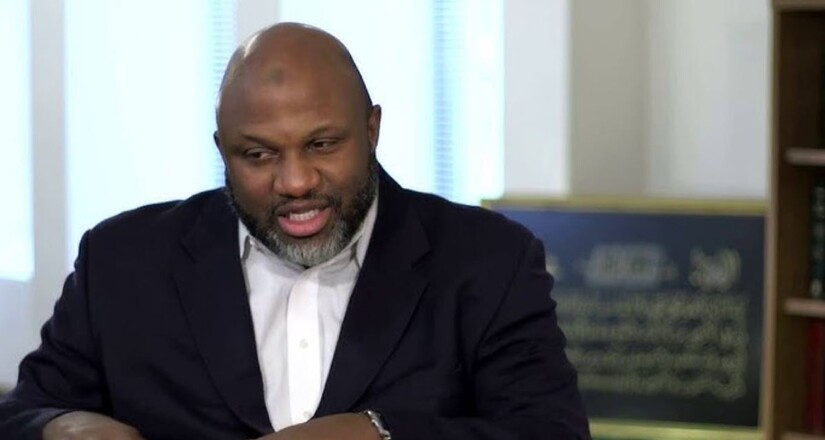
Tom Akaolisa: How do Islamic teachings empower Muslim women and inspire them to take on leadership roles in both religious and public spheres?
Imam Makram: The Quran explicitly affirms gender equality in spiritual contributions: "Never will I allow to be lost the work of any worker among you, whether male or female" (Quran 3:195). This verse and others place men and women on equal footing before God. Additionally, the Prophet Muhammad (peace be upon him) honored women, emphasizing that "Paradise lies at the feet of mothers." The more we deepen our understanding of Islam, the more we realize that societal barriers—not religious teachings—are the true obstacles to women’s progress.
Tom Akaolisa: Could you share a personal experience that has shaped your perspective on the importance of women's voices in leadership?
Imam Makram: My mother was my executive administrator for nearly 25 years. She played a crucial role in our community’s development, advocating for women’s rights and equality. Her guidance, resilience, and leadership deeply shaped my values and reinforced my belief in the vital role women play in society.
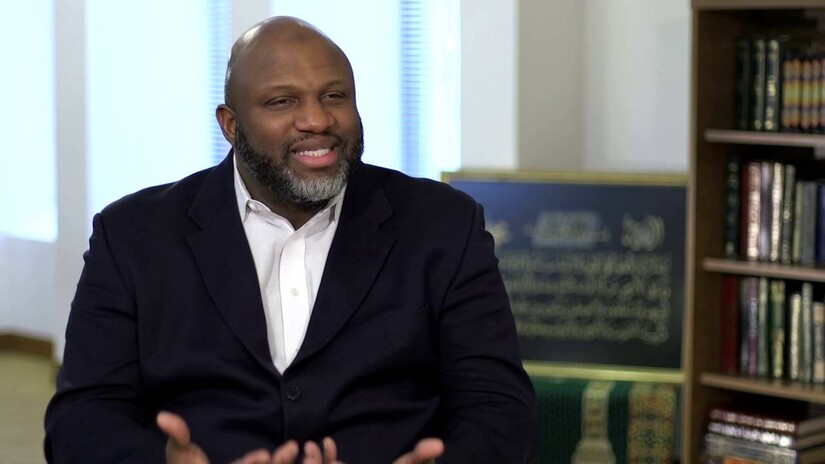
Tom Akaolisa: How can religious institutions better support Muslim women and ensure their voices are heard?
Imam Makram: By actively creating spaces where their input is valued. Many Muslim women are already establishing their own institutions, like Rise, to amplify their voices and create change. Male leaders must foster inclusivity and ensure that women are integral to decision-making processes. If they are not given a place at the table, they will—and should—create their own.
Tom Akaolisa: Looking ahead, what is your vision for the future of Muslim women in society, and how does faith play a role in driving further progress and inclusion?
Imam Makram: I see myself as a supporter of their vision, not an imposer of my own. Muslim women are intelligent, educated, and insightful. My goal is to encourage my colleagues to create environments where women’s visions can be realized, in alignment with their God-given potential.
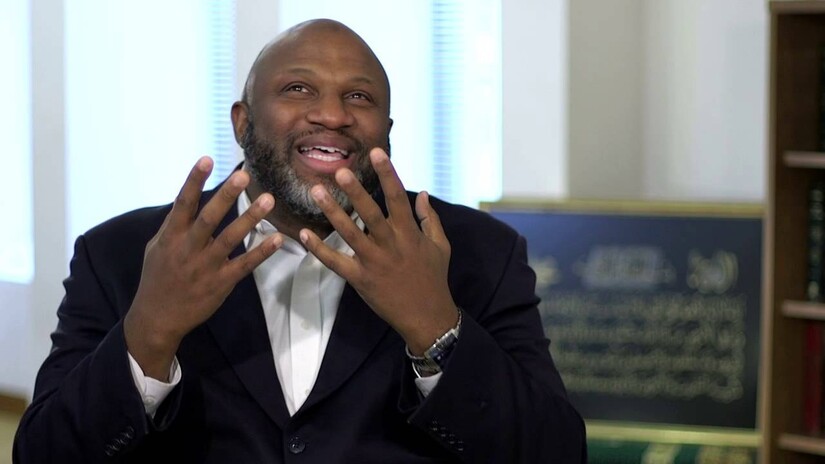
Tom Akaolisa: Finally, what message would you like to share with all women, especially Muslim women, as we celebrate this important month?
Imam Makram: You are phenomenal creations of God, blessed with unique gifts. It is your divine right to cultivate those gifts and fulfill your potential. Know that we see you, support you, and walk alongside you as partners in building our communities, society, and the world. Your leadership, strength, and wisdom are invaluable.
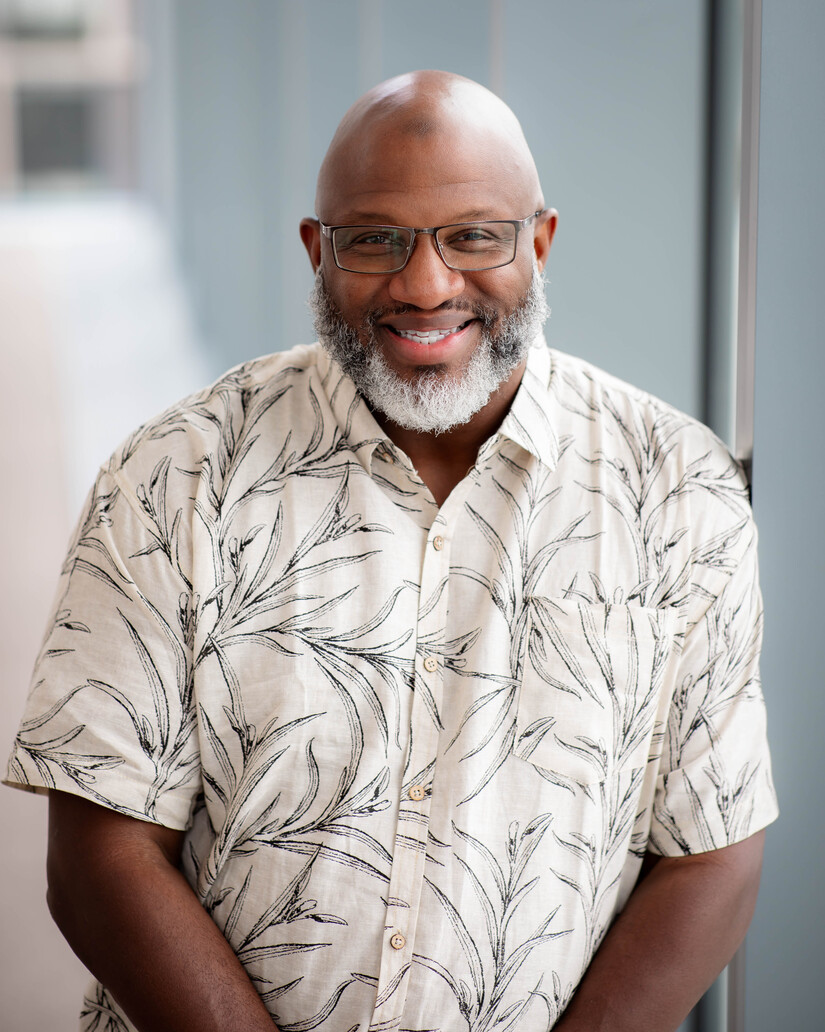
Tom Akaolisa: Thank you, Imam Makram, for your time and insights. We hope to have you with us again in the future.
Imam Makram: It would be my honor. Thank you for having me.
Tom Akaolisa: Wishing you a wonderful day ahead.
Imam Makram: You too.
This interview underscores the profound impact of Muslim women in shaping society and highlights the role of faith in empowering them. As we celebrate International Women's Month, let us continue to recognize, uplift, and support the remarkable women in our communities and beyond.